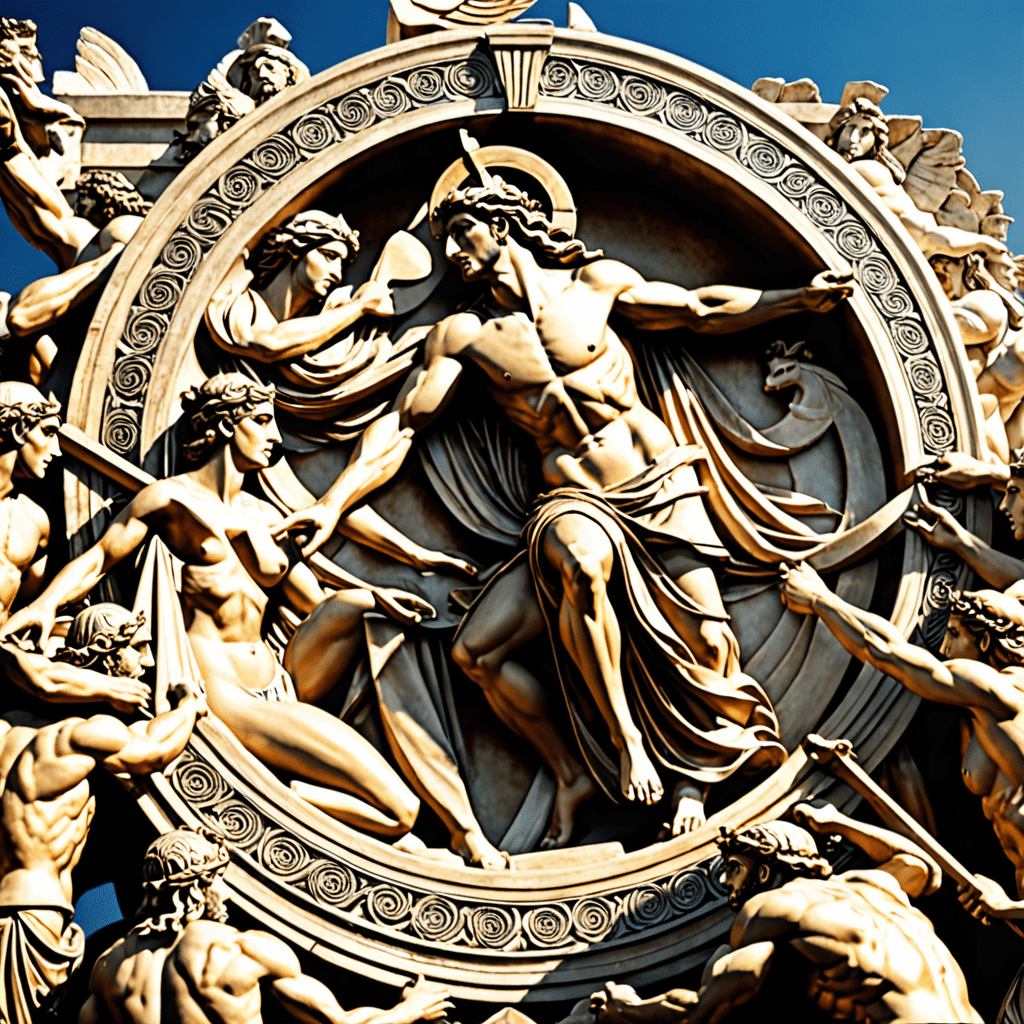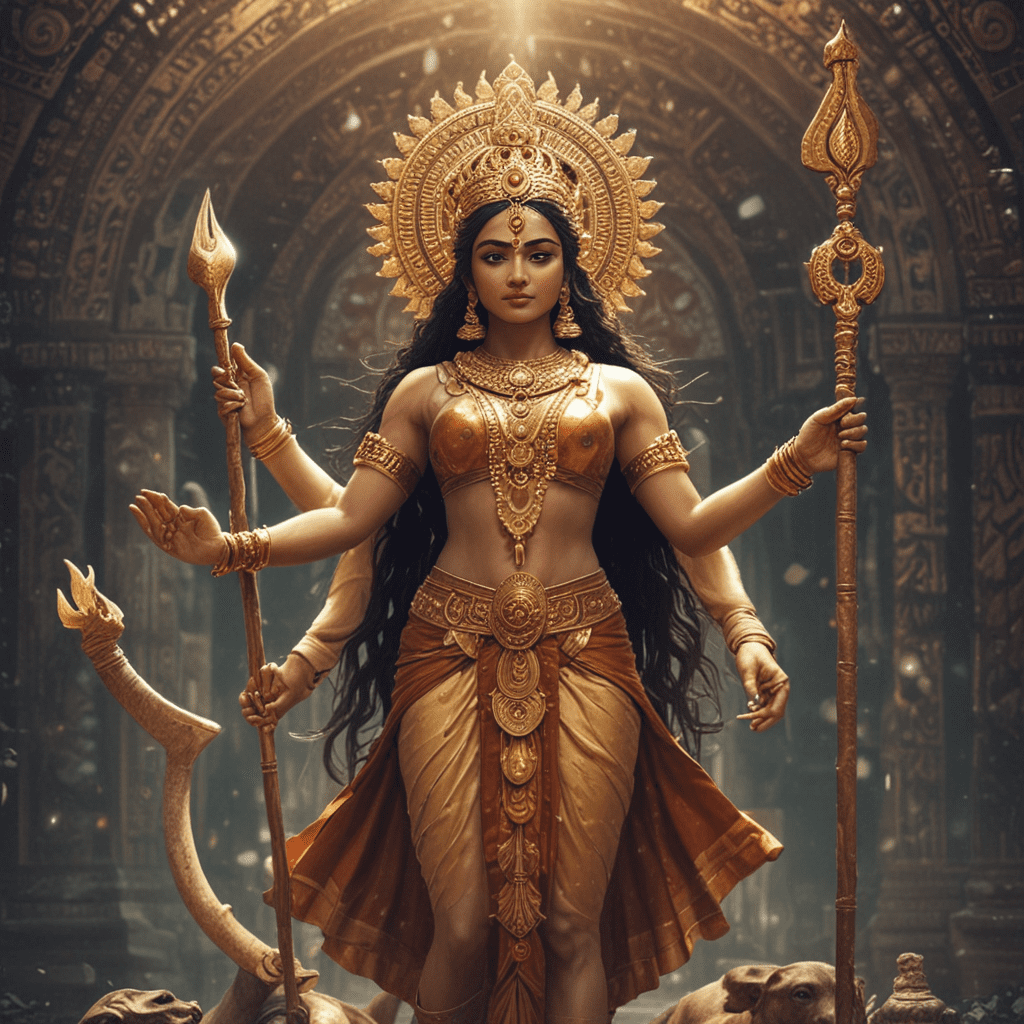The Influence of Greek Mythology on the Concept of Unity
Greek mythology, with its tales of gods, heroes, and epic battles, continues to captivate audiences centuries after their creation. The narratives in Greek mythology are not merely entertaining stories but also serve as a reflection of the values and beliefs of ancient Greek society. One prominent theme that emerges from these myths is the concept of unity, which was integral to the social, political, and religious fabric of ancient Greece.
Unity Through Relationships Among Gods and Goddesses
In Greek mythology, the relationships among the various gods and goddesses illustrated the importance of unity among divine beings. Despite their individual powers and domains, the Greek pantheon functioned as a cohesive unit, with each deity playing a distinct role within the larger framework of the divine hierarchy. This unity among the gods not only mirrored the social structures of human societies but also emphasized the interconnectedness and interdependency of the various aspects of the natural and supernatural worlds.
The Role of Unity in Greek Heroic Epics
The heroic epics of Greek mythology, such as the Iliad and the Odyssey, also highlighted the significance of unity in the face of challenges and conflicts. Heroes like Achilles and Odysseus, despite their individual quests and personal struggles, often relied on alliances, friendships, and familial ties to achieve their goals. The overarching themes of loyalty, camaraderie, and collective action showcased in these myths underscored the idea that strength and success could be found through unity, solidarity, and collaboration.
Symbolism of Unity in Greek Religious Practices
Greek religious practices and rituals were deeply intertwined with the concept of unity. Festivals, ceremonies, and sacrifices aimed to honor and appease the gods, affirming the communal bond shared by the members of society. The act of coming together in worship and reverence reinforced the idea of a unified community united by shared beliefs, values, and traditions. Through these religious practices, the Greeks sought to cultivate harmony, cohesion, and a sense of common purpose among individuals.
Legacy of Greek Mythology’s Concept of Unity
The enduring legacy of Greek mythology lies not only in its rich tapestry of stories but also in the timeless themes and universal truths it conveys. The concept of unity, as portrayed in the myths of ancient Greece, continues to resonate with modern audiences, offering insights into the importance of mutual respect, cooperation, and solidarity in fostering harmonious relationships and sustainable societies.
FAQs about Greek Mythology and the Concept of Unity
What is Greek Mythology?
Greek mythology refers to the collection of myths and stories originating from ancient Greece, involving gods, goddesses, heroes, and mythical creatures. These tales are a significant part of the cultural heritage of the Greeks and have influenced art, literature, and beliefs for centuries.
How does Greek Mythology emphasize the concept of unity?
In Greek mythology, the concept of unity is often reflected in the interconnectedness of gods, humans, and nature. The myths highlight how all aspects of the world are intertwined, emphasizing the idea of a harmonious relationship between different elements. Unity in Greek mythology also portrays the balance between order and chaos, showcasing the importance of balance in the universe.



